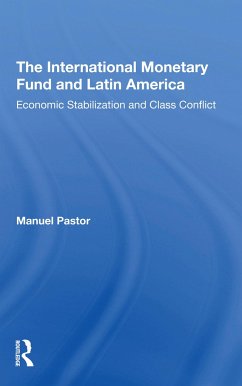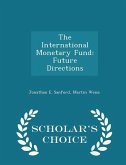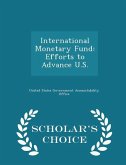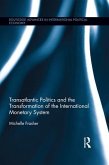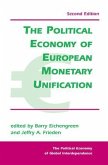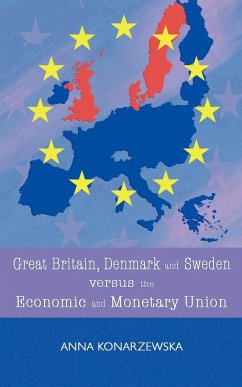The debt crisis in Latin America has rekindled debate about the effects of the IMF's stabilization programs in the Third World. Critics contend that these programs have short-run recessionary impacts and damage prospects for long-term growth. In response, Fund economists point to cross-country studies revealing mixed impacts on growth rates coupled with significant success in achieving the IMF's stated goals: current account and balance-of-payments improvements and inflation rate reduction. Dr. Pastor argues that the traditional growth-oriented critique is theoretically misplaced, and he recasts Fund activities in terms of class and income distribution. Applying the methodology of previous Fund studies, he evaluates the effects of IMF programs in eighteen Latin American countries in the pre-crisis period (1965-1981).
Hinweis: Dieser Artikel kann nur an eine deutsche Lieferadresse ausgeliefert werden.
Hinweis: Dieser Artikel kann nur an eine deutsche Lieferadresse ausgeliefert werden.

